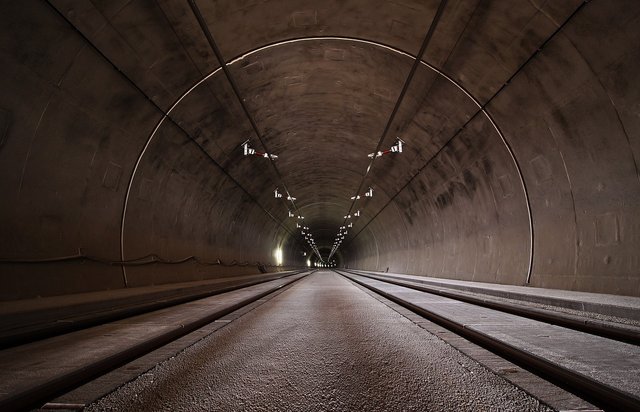This may seem strange at first, but our ancestors lived in constant fear of being attacked by animals and focused primarily on immediate survival and protection.
They focused on what they could achieve right now to get immediate rewards. However, as we have evolved, the way we live has changed significantly. Today, much of what we do is based on the expectation of receiving rewards in the future, which is contrary to the way our brains originally developed.
When we eat healthily, we do so with the understanding that we are taking care of our future selves, helping to prevent conditions such as diabetes. Similarly, when we exercise, we are not just looking for immediate results.
we are investing in our future well-being by becoming fitter over time. The same principle applies to finances, when we save now, we are preparing for unexpected expenses later, rather than seeking immediate gratification.
Many people are aware of this concept, but they still struggle to plan for their future selves. This difficulty often arises because our brains are programmed to seek instant rewards.
As a result, we often find ourselves fighting our natural instincts and, as a result, have a hard time sticking to plans that will yield long-term benefits. By understanding this tendency, we can learn to work with it rather than against it.
Truth does not always create freedom
Some people believe that knowing the truth will set us free. However, when we examine how humans make decisions, we realize that knowing the truth does not always lead to freedom. Many people understand that there are greater rewards associated with delayed gratification, but they still choose instant gratification.
This behavior is rooted in the way our brains evolved. For example, when we advise people not to overeat, they are aware that doing so can lead to weight gain and an increased risk of obesity.
However, the main reason they struggle to make the right choice is the lure of instant rewards. Most people tend to ignore the long-term consequences of their actions and focus only on the immediate benefits.
Instant gratification will always win when people make decisions about their lives because people love instant rewards and that is why the first thing we do when we have money is to fulfill all our wants and needs and everything we crave for.
People know the truth behind delayed gratification but when they want to make a decision they mostly choose the things that we pay for instantly because our brain always chooses things with instant rewards and avoids things with instant pain.
we can use this to our advantage when we understand that when we plan for delayed gratification we can also enjoy the pleasure in the process.
The consequences will take longer
People often seek instant gratification and ignore the consequences of their actions. For example, people who smoke or engage in other bad habits are aware of the potential negative outcomes but continue to engage in the behavior because the negative effects only become apparent later.
They focus on the immediate benefits and ignore the long-term consequences. The same principle applies to developing good habits. If you want to make a positive habit permanent, you can provide rewards to help overcome the initial challenges and pain.
Giving yourself some rewards can help you navigate and adapt to new habits, If your new habit is too painful, you are more likely to abandon the process.
Instead, give your brain some rewards along the way. This approach allows you to prepare yourself for delayed gratification by experiencing a little instant gratification. Rewards will protect you and help you manage discomfort, because not everyone is strong enough to endure pain without any rewards along the way, that's my discussion today, hopefully it is useful and can be understood, thank you, greetings.


Downvoting a post can decrease pending rewards and make it less visible. Common reasons:
Submit
Thanks verimuch team italygame 🙂
Downvoting a post can decrease pending rewards and make it less visible. Common reasons:
Submit